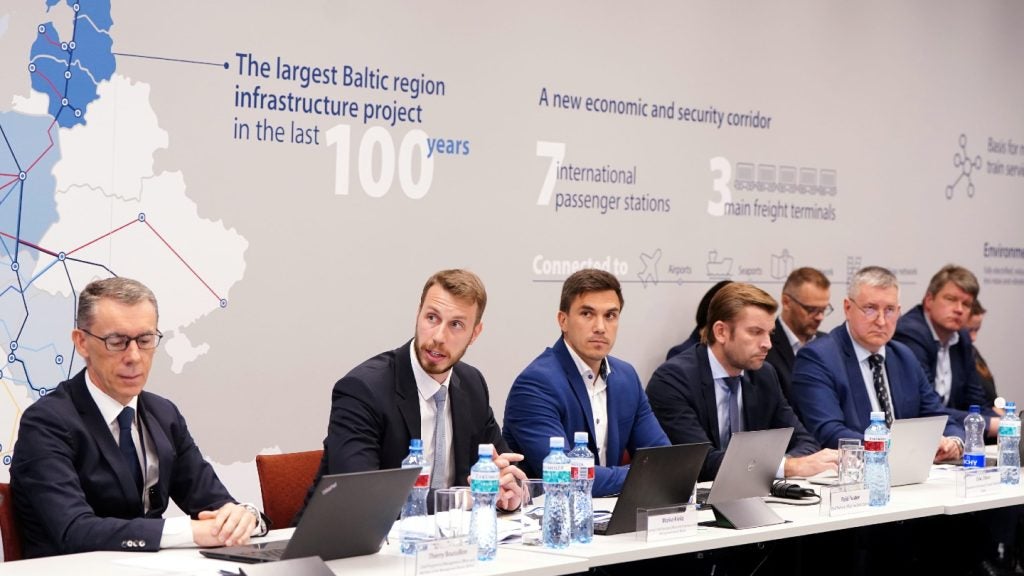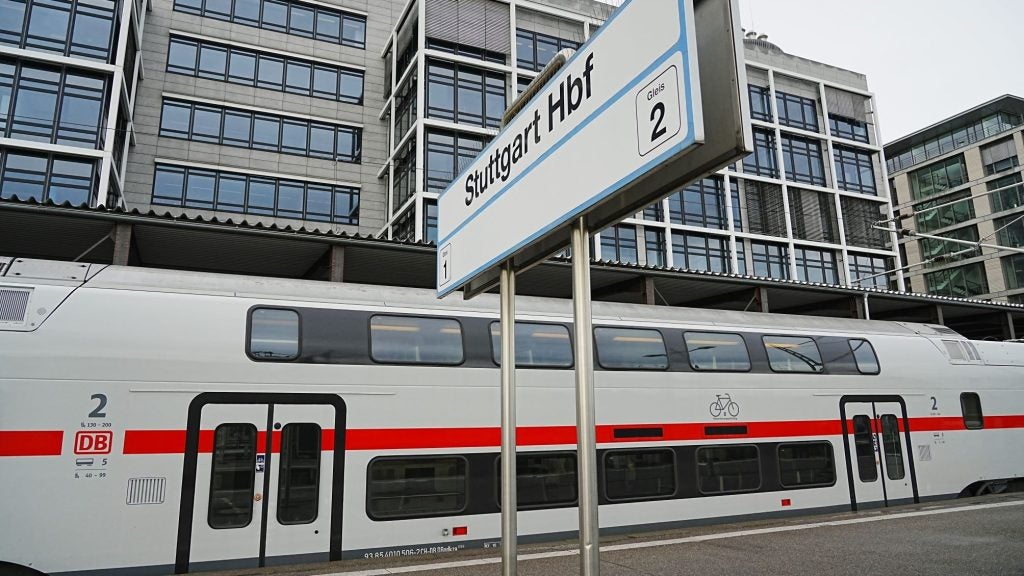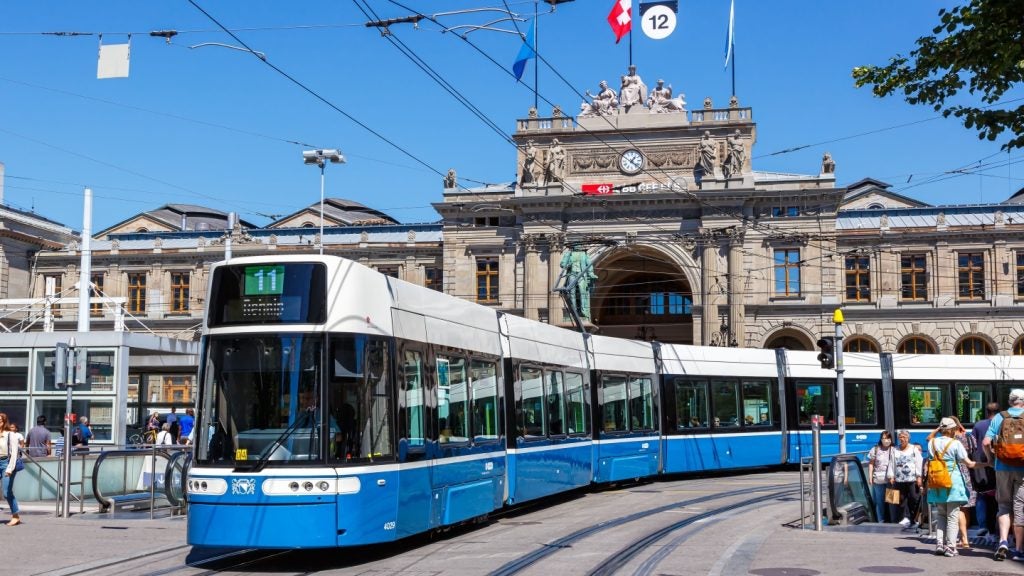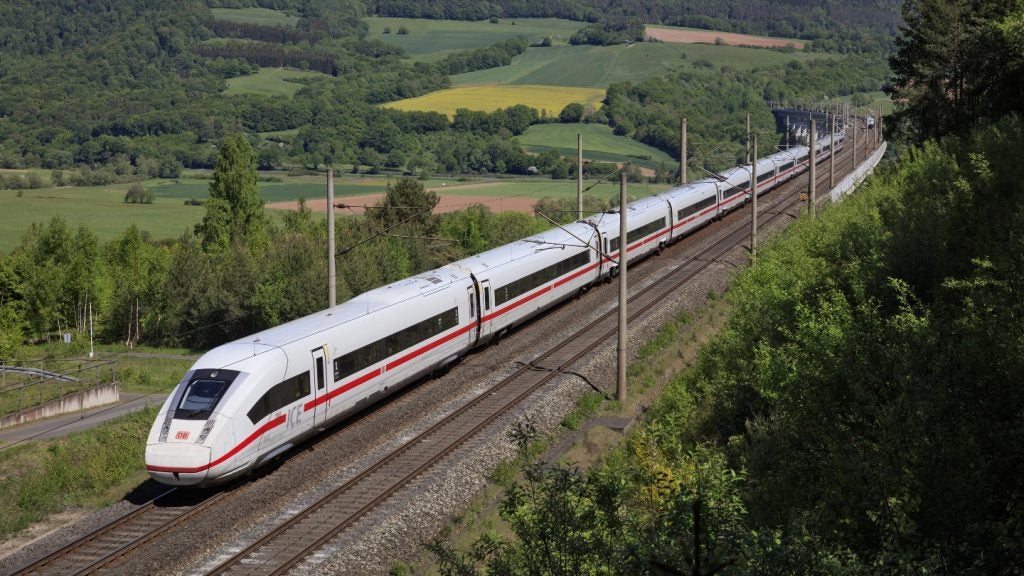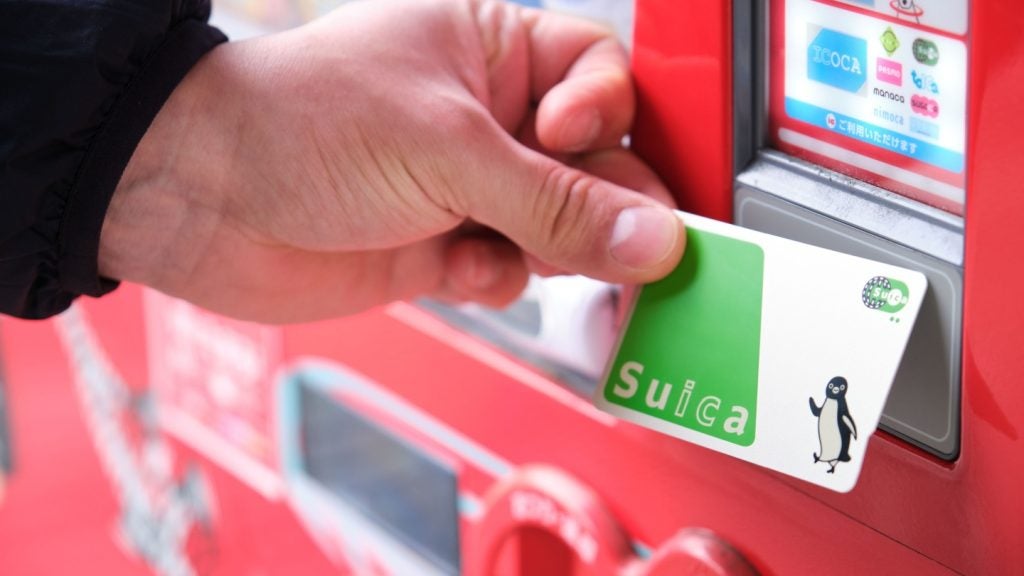A new cost-benefit analysis of the Rail Baltica project in northeastern Europe has found costs for the first phase of the project are now set to reach €15.3bn ($16.6bn). The report warned the project could be at risk of a shortfall if it relies too heavily on European Union funding, after EU Parliament election results that could shift the bloc's political direction.
The new figure marks a significant increase on a previous estimate which put costs at €5.8bn but was published alongside an estimate of the project's contribution to the GDP of the Baltic states: between €15.5bn and €23.5bn.
Conducted by the project’s delivery company RB Rail, the cost-benefit analysis looked at 2017 estimates for the rail line and considered a 40% inflation rate in the region, alongside an increase in the scope of the project and improved data on costs as progress is made on Rail Baltica.
The first phase of the project will see the construction of a high-speed corridor between Poland and Estonia and is set to be complete by 2030. At least 15% of the mainline is scheduled to begin construction by the end of 2024 according to RB Rail.
While the company’s latest analysis found that the project should provide a monetary benefit after its completion, it also warned that the second phase, set for after 2030, was currently contingent on available financing that would likely depend on the next EU budget negotiations.
RB Rail also said that, as a result of the cost increases for the project, its partners were currently exploring alternative funding strategies that could compliment the EU funding that the project has largely been reliant on so far.
Funding for the project currently sits at just €2.7bn, with 85% of that coming from EU funds such as the Connecting Europe Facility, which Rail Baltica has already applied for another €2bn from.
However, the company was also keen to allay fears about the projects rising costs and challenges, stating that management changes over the last 18 months had “made significant strides” in addressing the challenges.
The company said: “All those involved in Rail Baltica construction continue cooperation seeking to find and implement optimum solutions for completing this rail connection most cost-efficiently, meeting all agreed interoperability parameters, and in the shortest possible timeframe.”
The commitment echoes that of the Lithuanian Transport Minister Marius Skuodis who recently told Railway Technology that his country had developed a “clear path forward” for the project after changes in its management of Rail Baltica’s construction within its borders.


